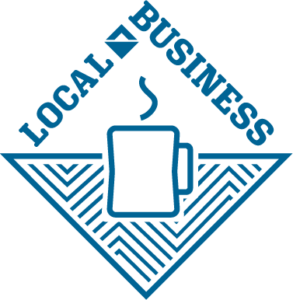Roth IRA Accounts

Roth IRA Accounts
With a Roth IRA, your contributions are not tax deductible, but your earnings are tax exempt. Minimum balances are $5 for an IRA Share Savings account and $500 for an IRA Share Certificate account. Funds are insured separately from regular savings, up to $250,000 by NCUA, and there are no maintenance fees.
Contributions
- Allowed at any age
- Must be from earned income
- Funds may remain on deposit past age 70 1/2
- Limits are set by the IRS and reviewed each year
- Savers age 50 and over may make catch-up contributions
Withdrawals
- Flexible withdrawal options
- Contributions may be withdrawn without penalties or tax liability
- Earnings may be withdrawn after five years if one of the following conditions apply:
- Qualified higher education expenses
- First-time home purchase
- Disability
- Payment of health insurance premiums while unemployed for 12-weeks or longer
- Payment to beneficiaries upon owner’s death
Open your Roth IRA account
NOT A MEMBER?
Join online, then you can open your Roth IRA account at any branch.
CURRENT MEMBERS
Open an account at any branch.
You can also visit any branch or call our Contact Center at (805) 543-1816.
For additional information, see How to Join »
PLEASE NOTE:
Contribution limits and penalties are governed by federal law. Your professional tax advisor is the best source of information for your specific situation.
Maximum contributions are set by the federal government. Each year the IRS gathers inflation statistics and updates contribution limits and income limits for the following year. These figures are typically available in late October or November. Penalties for excess contributions apply. Your tax professional is the best source of information about your individual situation. For more information on IRA limits, click here.
Your Money is Safe at SESLOC
Accounts are insured to at least $250,000 by the National Credit Union Administration, a U.S. government agency.
Retirement Tips
From the News+ Blog
Understanding Probate
When you die, you leave behind your estate. Your estate consists of your assets — all of your money, real estate, and worldly belongings. Your estate also includes your debts, expenses, and unpaid taxes. After you die, somebody must take charge of your estate and settle your affairs. This person will take your estate through probate, a court-supervised process that winds up your financial affairs after your death.
Transferring Your Family Business
As a business owner, you’re going to have to decide when will be the right time to step out of the family business and how you’ll do it. There are many estate planning tools you can use to transfer your business. Selecting the right one will depend on whether you plan to retire from the business or keep it until you die.
What Makes Up My Taxable Estate?
Your gross estate for federal estate tax purposes includes:











































 The workers are sooo nice and friendly!!"
The workers are sooo nice and friendly!!"